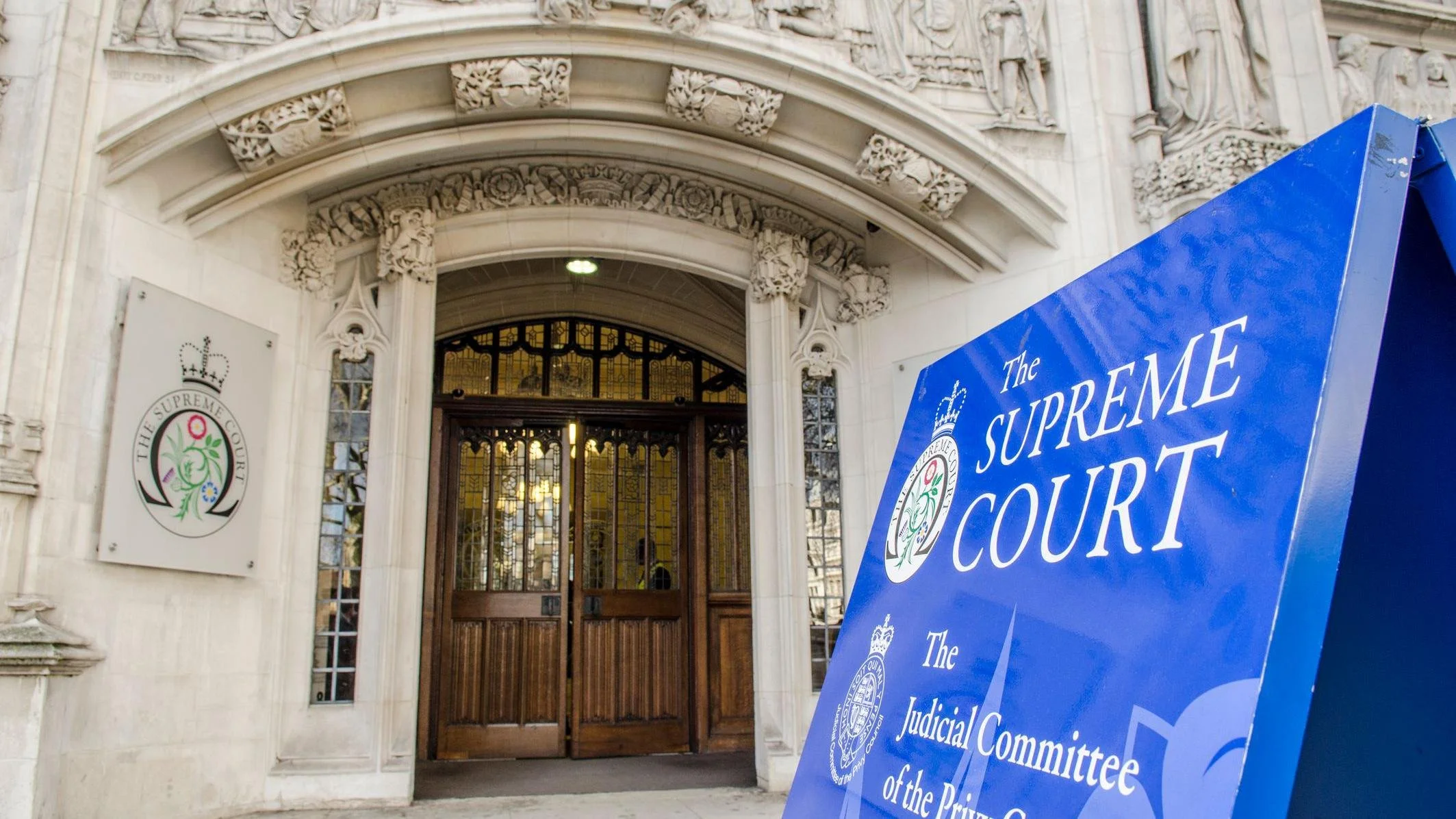Short Form: UK Supreme Court Rules on the Definition of a Woman
On April 16th, the UK Supreme Court ruled that the legal definition of a woman is based on the biological sex of a person. In turn, Supreme Court judges limited the defining term of "woman" in the Equality Act of 2010, instead suggesting that sex itself is a "binary" concept - a decision that critics claim to exclude trans rights. Indeed, this will deny people who were born as biological males or otherwise from legal security under the Equality Act. Nonetheless, the Supreme Court insists that trans rights remain protected from discrimination.
This comes as PM Keir Starmer declared that he did not believe that a transgender woman is a woman. On Tuesday, Starmer's spokesman announced that the PM believed that "a woman is a biological woman" when it comes the "Equality Act", backtracking from his earlier comments in 2022 where he stated that "a woman is a female adult, and in addition to that trans women are women". A stark reversal that brewed intense scrutiny from the media as opposition party leader Kemi Badenoch accused Starmer of lacking "moral courage" in speaking his true beliefs.
The Prime Minister's claim that the ruling would provide "clarity" and temper the long-lasting debate was wrong. Ironically, the opposite is true. The ruling has rather reignited the deeply polarising conflict that has been the focal point of the raging culture wars. Though the Supreme Court stated that the ruling had no victors, numerous 'Women's Rights' groups, such as For Women Scotland, have lauded the Supreme Court. Indeed, the ruling has meant that single-sex facilities like toilets, changing rooms and even hospital wards may see changes. Trans rights groups, however, see this as a devastating loss which may be weaponised in the future.




